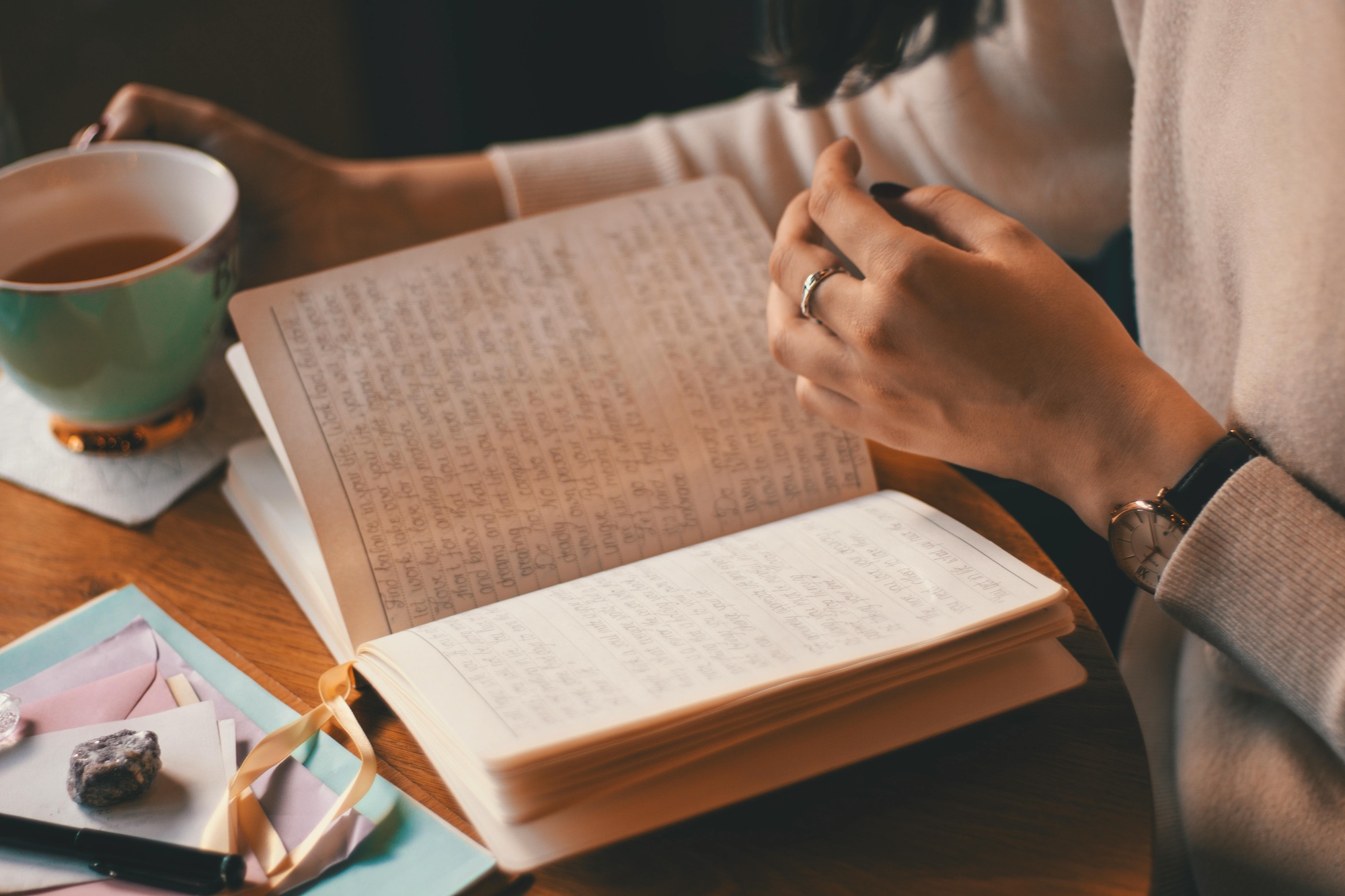It can be hard to tell the difference between intuition and anxiety, especially when there is something difficult in life happening. When we are dealing with something difficult or unexpected, both anxiety and intuition are activated. Anxiety is loud and strong, and intuition is much more quiet. Although anxiety isn’t bad in and of itself, it is loud and strong. We often look at the biggest fire and can get lost in that. But what else is there beyond the anxiety? Beneath the smoke and fire of anxiety, intuition is quietly waiting to be utilized. It is important to spend more time with yourself so you can separate the two and tap into your intuition.
The Nature of Anxiety
Anxiety is a response and a signal that is telling you something needs to be addressed. Anxiety presents as repetitive thoughts (rumination), lack of clarity, feeling overwhelmed, restlessness, panic, and increased heart rate. When anxiety kicks in, we are likely to worry about the future and things that we have the least control over. Worry is fueled by fear and composed of worst case scenarios. We ruminate about the things we don’t want to happen and the things we have the least control over.
The Nature of Intuition
Intuition is your gut feeling. It’s subtler and quieter than anxiety. It is calm, steady, and certain. Anxiety is a reaction, while intuition is more of a knowing. It’s an inner knowing that remains stable. Your intuition is based on what you know to be true, what is true about your life, and what you want to happen (as opposed to worry, which is based on what you don’t want to happen). It has a deeper connection with who you are and your values. Intuition has a comforting certainness and lightness, even with the things we don’t like, because we know it’s the truth.
The Role of Logic
Worry thrives on imagined outcomes or feared worst case scenarios, while intuition is grounded in what is. Ask yourself, “Is what I’m worried about based in reality? What are the facts of the situation? Is what I’m worrying about fact-based or things that could happen?” If you were to make a decision from pure anxiety, it would be “this is what I wish was true.” When you make a decision from intuition, it is “this is what I know to be true.” Intuition is grounded in what is so you can make a decision based on facts. If you have the opportunity to consider something for several days before making a decision, even if anxiety is involved, your intuition will remain stable. Since intuition is based on what you know to be true, it can help guide you to know what the right answer is and what actions you need to make the best decision.
Emotional Difference Between Anxiety and Intuition
Dialectical Behavior Therapy (DBT) refers to the concept of “states of mind”: the reasonable mind, emotional mind, and wise mind. When emotions are involved, you have to bring in the reasonable and logical parts to find the wise mind. Anxiety is based in the emotional mind, whereas intuition is both logic and emotion. There are times when anxiety is purely based on feared outcomes and not based on fact. But other times, anxiety is based on something real that is happening in life. Either way, you may not like the reality of what’s happening in your life and it can feel like it just sucks – it’s not what you want. But being able to tell the difference is good practice to be able to tap into your intuition and make the right decision. Whether the anxiety is based on fear alone or based in reality, there’s always intuition to be found within all of it. Your intuition will tell you if your anxiety is based in fact or not. Anxiety can still be involved with making decisions, but it’s important to accept that this is reality, and use your intuition to know what you need to do.
Intuition is you. It is your inner navigation system. Practice trusting yourself. You can develop this by practicing mindfulness and being connected to your inner world. What’s going on within you? Where are your thoughts and feelings coming from? Journaling and practicing mindfulness (sitting with your emotions and not avoiding them) can help you tap into your intuition and learn more about yourself. Take time to sit with your thoughts and feelings. Reflect on and examine the emotions that are coming up and you’ll learn how to separate what’s pure worry from facts and reality. Talking to friends or trusted people can help you sort through what’s more worry and what is logic-based. Just give it time if you can and see what remains constant.
Learn to Trust Your Intuition
It can be difficult to weed through anxiety and emotions and be able to hear your inner wisdom. Anxiety is loud and dominates the room. If you are struggling with anxiety and decision making, therapy can help you quiet your anxiety, look within yourself, and trust your intuition. Contact Becky online to start your journey of self-empowerment.

